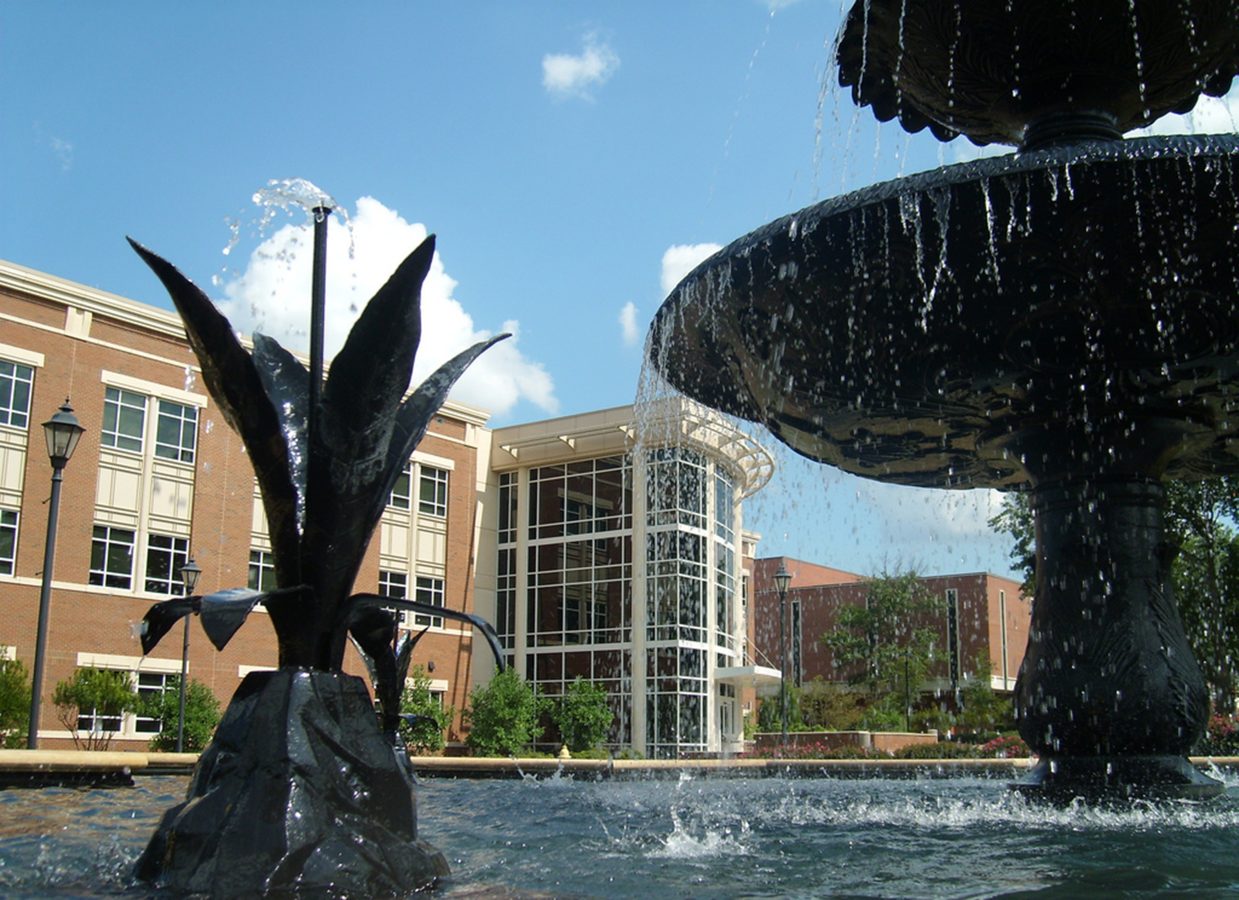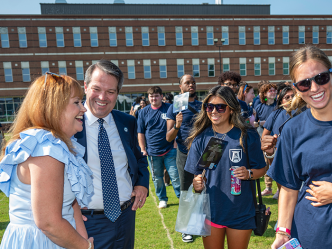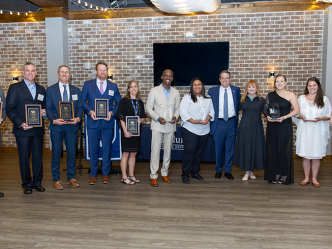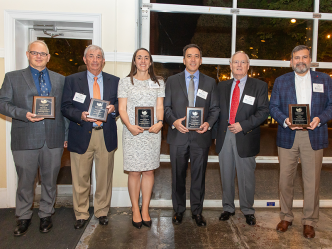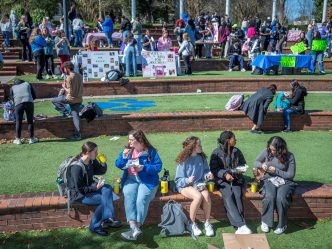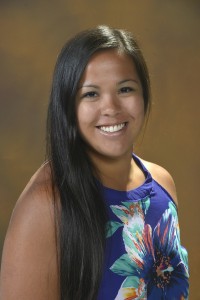
As the makeup of the United States grows and changes over time, so will diversity in our sports programs grow and change. Dr. Hannah Bennett’s research is on the forefront of those changes, enhancing inclusivity and knocking down barriers.
“Initially my research focused on the psychology of injury recovery in athletes, but I’ve transitioned to the study of LGBTQ issues in sports,” Bennett said. Her earlier work in the psychological aspect of athlete’s experiences lead her to the often very different experiences of lesbian, gay, bisexual, transgender and queer or questioning students in sports programs.
“It’s kind of weird how sexualization works in sports. For example, if you’re a woman in sports, you’re potentially viewed in very skewed manners that are not representative of talent or ability, which is what athletics should be about. If you play a sport in which your uniform shows off your body, such as volleyball or gymnastics, some people may view you as sexy and feminine. However, if you play a different sport altogether, such as basketball or softball, you could easily be stereotyped as a lesbian,” Bennett said.
And Bennett understands the psychology of the athlete, having been an athlete all her life. She competed in hockey, soccer, softball and track and field while growing up on Maine. She followed her passion into a career. And so she has joined the College of Education as a professor of kinesiology, specializing in sport psychology and diversity in sport.
Classes she’ll be teaching include Introduction to Kinesiology, Curriculum & Pedagogy in Physical Education, Sport & Exercise Psychology, and Gender, Sexuality & Health in the Professional Workplace. Among her goals are: inspiring enthusiasm for the subject in her students, mental skills training for athletes, helping athletes to transition to life after the intensity of college sports and working towards inclusivity in both the classroom and the locker room.
“Athletes tend to define themselves by their participation in athletics. So what happens after they graduate? How can we work with them to transition their competitive energies into something productive?” she said.

Fill out a request form by clicking the “Submit News” button, and a member of our staff will contact you shortly.
One of the activities she has developed is called “The Six Circles of You.” Participants have six circles on a sheet of paper. And they choose one word that goes into each circle. Athletes will almost always write “athlete” in one circle – and those who struggle to fill the other five may also struggle to transition after sports. They may only identify with themselves as being an athlete.
“One student put ‘very moral’ in one circle, and he put ‘grounded’ in another. So, what kind of actions will we see from that student to reflect those two pieces of his identity?” Bennett said. Helping athletes to gain a deeper understanding and intimacy with the many facets of their identity allows them to pursue new passions after graduation – instead of mourning what they are losing.
And to encourage inclusivity in the classroom and the locker room, Bennett has developed other activities that allow teachers and coaches to identify their biases and learn how not to confront students or situations based on preconceived notions. Whatever those biases may be, identifying them gives educators a greater ability to assess situations without falling into cultural or regional bias traps.
“So, coaches might invite players to a party or event. And it sets a tone for the players if coaches use inclusive language, such as saying that players can bring a ‘partner,’ as opposed to a ‘girlfriend,’” Bennett said. Coaches, as leaders of a small army, can do a lot to make classrooms and locker rooms less preferential.
“The end goal is decreased marginalization,” Bennett said.
Bennett has a growing list of articles and conference presentations, and has taught classes at three universities. She is a member of the National Association for Kinesiology in Higher Education, the American Psychological Association, the American College of Sports Medicine and the Association for Applied Sport Psychology.
Bennett received her bachelor’s degree from the University of Connecticut, master’s degree from Georgia Southern and doctoral degree from Middle Tennessee State University.
 Augusta University
Augusta University
